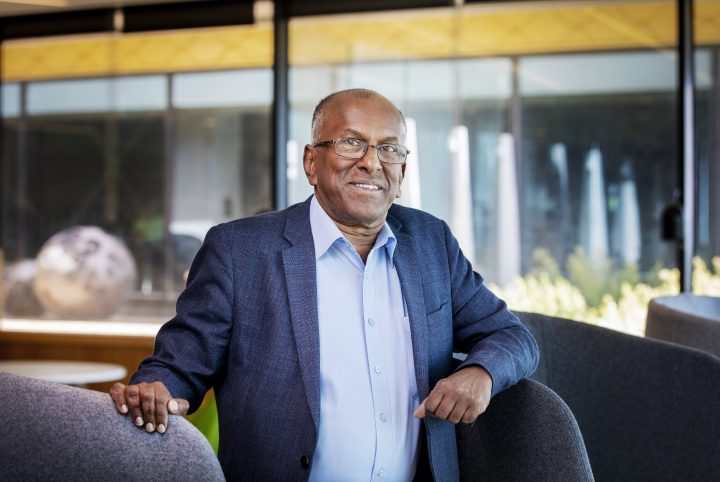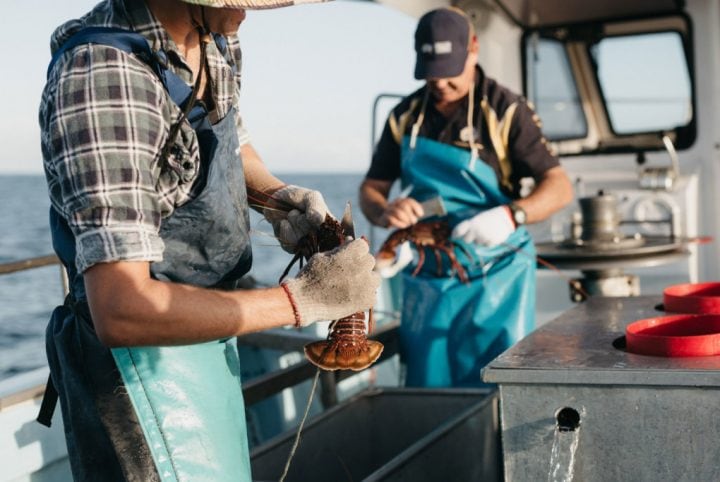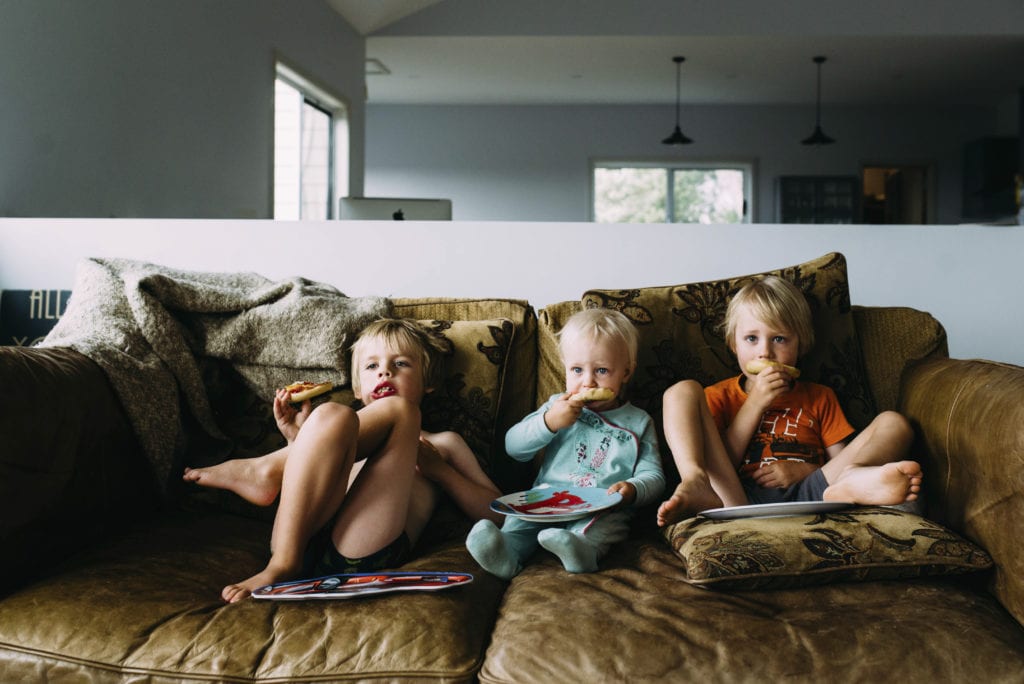
When COVID-19 plunged a thriving food charity into crisis, Monash Business School researchers were on hand to observe what happened next.
Since its inception twenty years ago, corporate fresh food delivery business The Fruit Box has thrived. As more and more offices around Australia ordered provisions for staff, its core business flourished.
The company was so successful that in 2017 the management team decided to ‘pay it forward’ and establish and fund a charity offshoot – The One Box, delivering fresh fruit and vegetables to disadvantaged families through schools and community centres around Australia.
But then came the COVID-19 pandemic.
Low-income families eat well
Food insecurity is a growing problem. Approximately 21 per cent of Australians have experienced food insecurity – where they have been in a situation where they have run out of food and been unable to purchase more.
Traditionally, the food used to help families facing food insecurity is ‘rescued food’ – food that may be past its ‘best by’ date or other unwanted foods from supermarkets or restaurants.
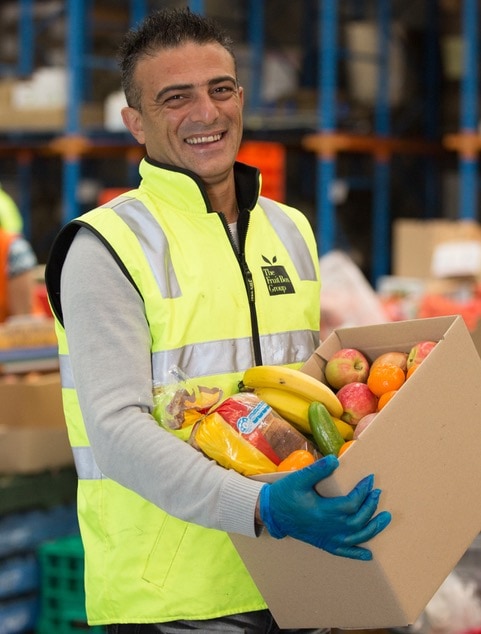
CEO of The One Box Martin Halphen says The One Box’s delivery of bread, fruit, vegetables and milk to families with young children under 16 through schools and community groups might be the only fresh food the whole family gets.
“The day-to-day stress and reality of not knowing where your next meal is coming from have huge impacts on a person’s self-worth. That is why it was so important for us to have a program that is built around fresh food relief,” Mr Halphen says.
“Providing food is obviously much needed but it is so important at the same time to nurture the self-esteem of those that need it most.”
With this in mind, The One Box set out to help low-income families eat well – with fresh food that it sources from its suppliers. Last year it delivered 40,000 boxes to families who would otherwise not have been able to afford fresh produce.
So, when Monash Business School researchers were contacted by Mr Halphen to help measure the social impact of The One Box they were keen to assist.
But in March 2020, just as the research team was commencing the project, along came COVID-19.
COVID-19 pandemic hits
Suddenly, The One Box was facing increased financial vulnerability. The Fruit Box, which provided over 90 per cent of donations, suffered a 70 per cent loss in revenue due to offices around the country closing under state government lockdown requirements.
For Associate Professor Ralph Kober and Dr Paul Thambar from Monash Business School’s Department of Accounting, it was an opportunity to observe the decision-making process from the onset of the crisis. It placed them in the front seat to witness first-hand the true benefit of accounting to assist the team.
Rather than COVID-19 becoming the proverbial ‘fly in the ointment’, it turned out to be a real-time opportunity, allowing the researchers access to a charity at the crucial moment.
Would The One Box be able to continue to help these families in need, or would the drastic revenue reduction of The Fruit Box mean The One Box program would need to go on hold?
Unique business model
Associate Professor Kober explains that The One Box’s unique model has been able to leverage existing procurement, storage and logistics resources from The Fruit Box Group to purchase, not ‘rescue’, fresh and high-quality produce for families, ensuring maximum economic sustainability.
“Considerable financial savings are gained from utilising existing infrastructure which means a greater proportion of resources can be directed towards distributing and donating fresh food,” he says.
“The One Box had pre-existing well-developed accounting practices in place prior to the COVID-19 crisis that helped it successfully manage its vulnerabilities.”
These capacities were driven by a view that, even though The One Box was a charity, it should be managed as a business.
“For this reason, it had implemented accounting practices, such as planning controls in the form of long-range and action plans, cybernetic controls in the form of budgets and financial and non-financial measurement systems, and administrative controls in the form of meetings and policies and procedures,” Dr Thambar says.
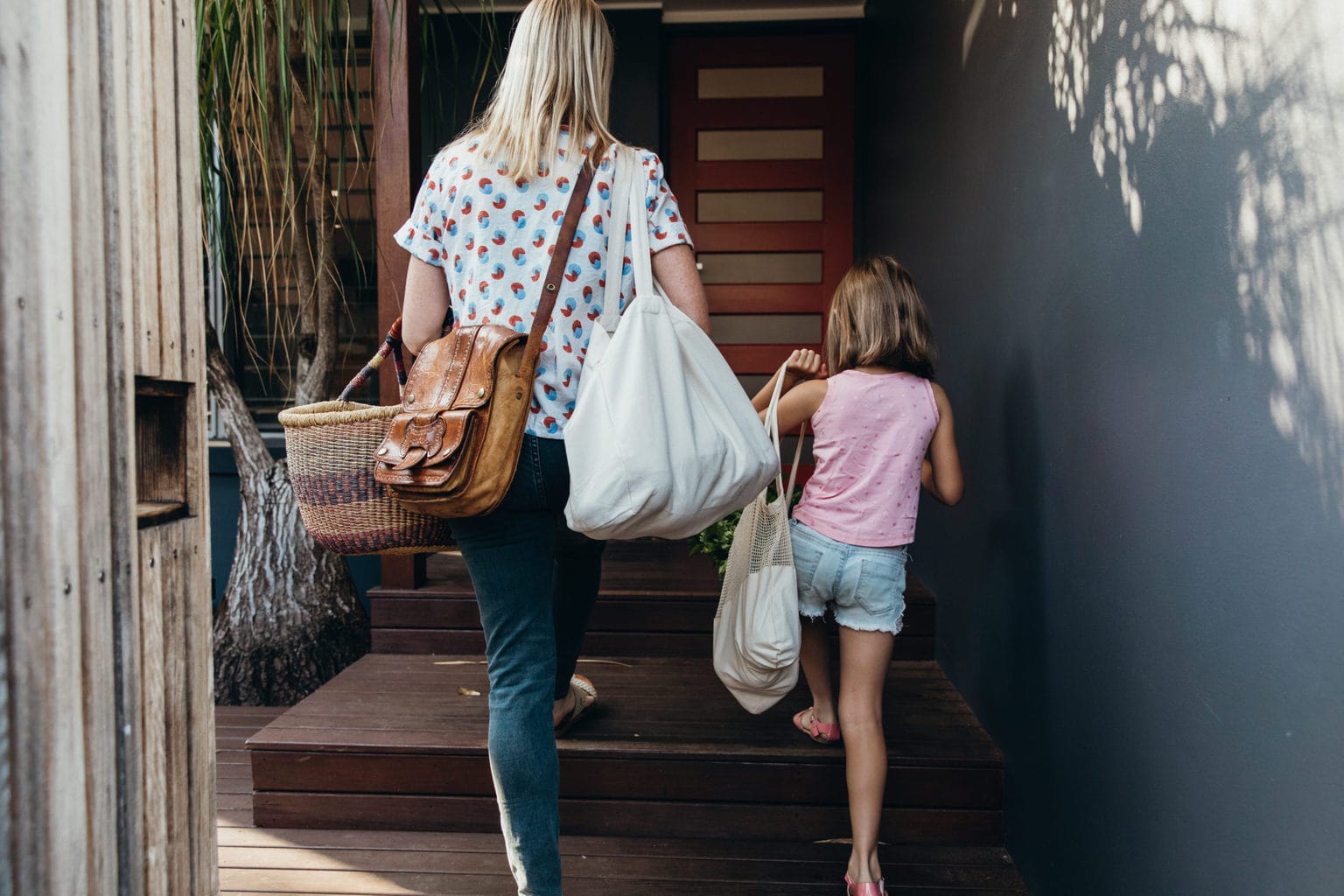
Accounting practices in place
In particular, the practices of planning, forecasting, budgeting, meetings, policies, and procedures, coupled with a “business mindset” and willingness to experiment, were all central elements of The One Box’s anticipatory capacity.
Associate Professor Kober explains that anticipatory capacity is the ability to continuously develop and apply the knowledge acquired through a structured approach to anticipate changing scenarios as stakeholder needs and systems context change over time.
“Having these accounting practices in place, together with the buffering capacity of adequate financial reserves, allowed The One Box to quickly recommence operations and to actually expand its reach to new beneficiaries,” he says.
“It’s really fantastic to see just how quickly they were able to restart the program.”
Financial reserves save the day
Central to the charity’s buffering capacity were its financial reserves.
Dr Thambar says that while these reserves assisted with The One Box’s financial resilience, they are often viewed negatively by the public who might prefer that charities spend all donations in the current financial period.
“Our findings suggest that charities may need to educate the public regarding their importance. If you didn’t have any cash reserves the program probably would have remained on hiatus for a long period of time,” Dr Thambar says.
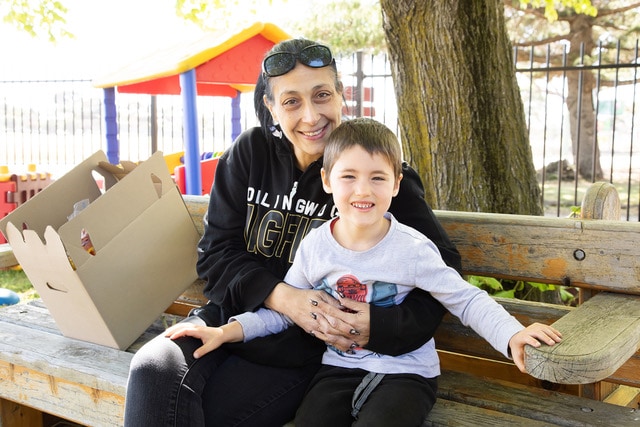
The One Box’s accounting practices also allowed it to adapt to the new environment, for example, weekly revisions to the budget and forecasts, the increased focus on external fundraising, and the increased frequency of meetings.
“These adaptations helped The One Box in increasing its funding base, including a three-year commitment from a philanthropic foundation, thus addressing its financial viability,” Dr Thambar says.
“It highlights the importance of accounting practices in building financial resilience within charities. These accounting practices were mobilised in a business-like manner within The One Box. Whether the adoption of such business-like practices is beneficial or detrimental to charities is a matter of much contention.”
While it has provided a useful case study, the researchers caution it may not necessarily be a template for all charities.
“We acknowledge that different patterns of financial resilience may occur across charities. As such, charities’ responses to the COVID-19 crisis might not be uniform and accounting practices could play different roles, depending on the extent to which the charity has previously developed its anticipatory and coping capacities,” Associate Professor Kober says.
“This study offers one possible example of the role of accounting practices in developing a charity’s financial resilience to a crisis. Further research is required to explore other roles accounting can play.”
